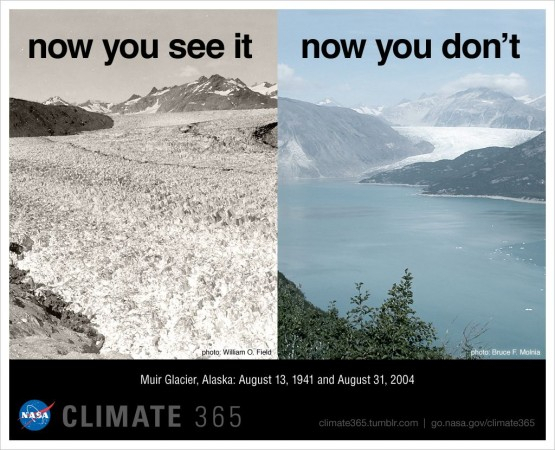
Governments around the globe must take "rapid, far-reaching and unprecedented changes in all aspects of society" to keep away from catastrophic levels of global warming, says a new report from the global scientific specialist on climate change, as catastrophe is not too far away.
The report issued Monday by the UN Intergovernmental Panel on Climate Change (IPCC) says the planet will get to the significant edge of 1.5 degrees Celsius (2.7 degrees Fahrenheit) above pre-industrial levels by 2030, thus increasing the danger of dry seasons, forest fires, flooding and food deficiencies for a vast number of people.
The latest report says the date, which falls well inside the lifetime of a significant lot of people who are alive today, is based on current levels of greenhouse gas discharges. The planet is almost two-thirds of the way there, with global temperatures having warmed around 1 degree C. Preventing this further will require significant activity in the following couple of years.
"This is concerning because we know there are so many more problems if we exceed 1.5 degrees C global warming, including more heatwaves and hot summers, greater sea level rise, and, for many parts of the world, worse droughts and rainfall extremes," Andrew King, a lecturer in climate science at the University of Melbourne, said in a statement.
Total carbon dioxide release would need to fall by 45% from 2010 levels by 2030 and achieve "net zero" around 2050 to keep the warming around 1.5 degrees C.
Bringing the CO2 release down to this degree would require far-reaching changes in energy, industry, structures, transportation, and urban areas, the report states.
"The window on keeping global warming below 1.5 degrees C is closing rapidly and the current emissions pledges made by signatories to the Paris Agreement do not add up to us achieving that goal," added King.
The report makes it clear that climate change is happening - and what comes next could be surprisingly more dreadful, except if important global political measures are taken.
"One of the key messages that comes out very strongly from this report is that we are already seeing the consequences of 1 degree C of global warming through more extreme weather, rising sea levels and diminishing Arctic sea ice, among other changes," said Panmao Zhai, co-chair of IPCC Working Group I.
Regardless of whether warming is kept at or just beneath 1.5 degrees C, the effects will be significant, it noted.
Temperatures amid summer heatwaves, for example, crosswise over Europe this mid-year, can see an increment by 3 degrees C, says the report.
Coral reefs will be radically affected, with somewhere in the range of 70 and 90 percent anticipated to vanish, which also includes Australia's Great Barrier Reef.
Nations in the southern half of the globe will suffer more, the report stated, as they are "projected to experience the largest impacts on economic growth due to climate change should global warming increase."
However, the credibility of the IPCC has been questioned often in the past when its 1990 and 1995 reports were allegedly tweaked by its officials and made public shortly before the Earth Summit in Rio de Janeiro by the Science and Environmental Policy Project (SEPP) head Dr. S. Fred Singer, saying that the conclusions of the IPCC Summary are not supported by the evidence listed in the report.









